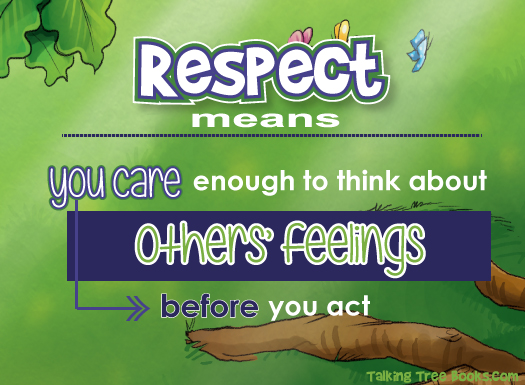
Applying the term to the work of Philip Pullman ( His Dark Materials), Schweizer clarifies that he does not mean the term to carry the negative connotations of misanthropy: "To me, the word connotes a heroic stance of humanistic affirmation and the courage to defy the powers that rule the universe."

history records a number of outspoken misotheists", believing "misotheism" to be his original coinage. Bernard Schweizer (2002) stated "that the English vocabulary seems to lack a suitable word for outright hatred of God.

Strictly speaking, the term connotes an attitude towards the gods (one of hatred) rather than making a statement about their nature. It is comparable to the original meaning of Greek atheos of "rejecting the gods, rejected by the gods, godforsaken". The English word appears as a nonce-coinage, used by Thomas de Quincey in 1846. The Greek μισόθεος ( misotheos) is found in Aeschylus ( Agamemnon 1090). Misotheism first appears in the Chambers Dictionary in 1907.

Thus in the Sôlar lioð 17 we read of Vêbogi and Râdey á sjálf sig þau trûðu, "in themselves they trusted". It is remarkable that Old Norse legend occasionally mentions certain men who, turning away in utter disgust and doubt from the heathen faith, placed their reliance on their own strength and virtue. Jacob Grimm in his Teutonic Mythology observes that: Thus, Hrafnkell, protagonist of the eponymous Hrafnkels saga set in the 10th century, as his temple to Freyr is burnt and he is enslaved, states that "I think it is folly to have faith in gods", never performing another blót (sacrifice), a position described in the sagas as goðlauss, "godless". But Richard Kennington states that Descartes never declared his "evil genius" to be omnipotent, but merely no less powerful than he is deceitful, and thus not explicitly an equivalent to God, the singular omnipotent deity. A famous literary expression of misotheistic sentiment is Goethe's Prometheus, composed in the 1770s.Ī historical proposition close to dystheism is the deus deceptor, " evil demon" ( dieu trompeur) of René Descartes' Meditations on First Philosophy, which has been interpreted by Protestant critics as the blasphemous proposition that God exhibits malevolent intent.

Nevertheless, in monotheism, the sentiment may arise in the context of theodicy (the problem of evil, the Euthyphro dilemma) or as a rejection or criticism of particular depictions or attributions of the monotheistic god in certain belief systems (as expressed by Thomas Paine, a deist). In conceptions of God as the summum bonum (the highest good), the proposition of God not being wholly good would be an oxymoron. Likewise, the concept of the demiurge in some versions of ancient Gnosticism is often portrayed as a generally evil entity. One example is Eshu, a trickster god from Yoruba religion who deliberately fostered violence between groups of people for his own amusement, saying that "causing strife is my greatest joy." Many polytheistic deities since prehistoric times have been assumed to be neither good nor evil (or to have both qualities). Trickster gods found in polytheistic belief systems often have a dystheistic nature. Misotheism is the "hatred of God" or "hatred of the gods" (from the Greek adjective misotheos ( μισόθεος) "hating the gods" or "God-hating" – a compound of, μῖσος, "hatred" and, θεός, "god").Ī related concept is dystheism ( Ancient Greek: δύσ θεος, "bad god"), the belief that a god is not wholly good, and is possibly evil.


 0 kommentar(er)
0 kommentar(er)
